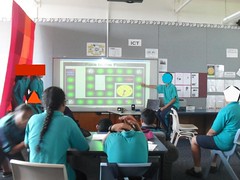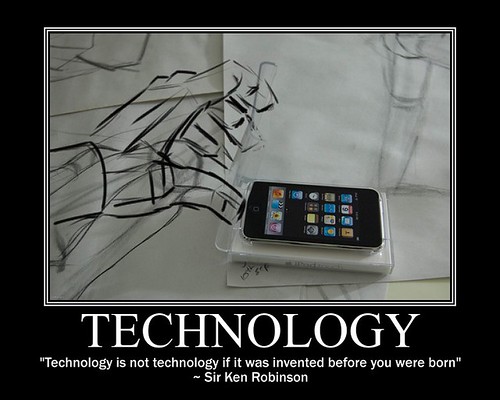The Christchurch earthquake disaster struck on Tuesday and even though I am safe in Auckland, I have still feel a state of shock and saddness as I watch helpless, feeling useless. Luckily my friends there are safe but being my old home town, I feel for them. It is hard to imagine what they must be experiencing. Being a teacher I decided to throw my current unit study out and focus our inquiry on this tradegy. I think I need to know more and express my feelings about it, plus I believe my students feel the same and cetainly can befit from talking about and dealing with loss and destruction. We started with 'White Hat' factual thinking that same day. We are recording much of our inquiry on our blog and also plan to create a website about it.
 My students have been asking many questions as part our our inquiry, and what has made me really proud was the ones asking, "How can we help the people of Christchurch?" We plan to run the National Red and Black mufti day on Friday as an inquiry learning experience, plus my students are generating other ways to fundraise.
My students have been asking many questions as part our our inquiry, and what has made me really proud was the ones asking, "How can we help the people of Christchurch?" We plan to run the National Red and Black mufti day on Friday as an inquiry learning experience, plus my students are generating other ways to fundraise.We are gathering website resources to aid your inquiry and teaching on our wiki. Please feel free to use our links and to suggest more. Some sites that really stand out are the visual quake map and the site for children who experienced this and need to write about their experience, 'When My Home Shook'.
Some positives of my week have been that I was made the e-learning lead teacher for our school journey along with a management unit which is great recognition for all the extra work I already do on this project. Secondly I got an email from a parent of one of my top students thanking me for engaging, inspiring and challenging her child, she is apparantly loving the learning. So a positive way to end a difficult week.




